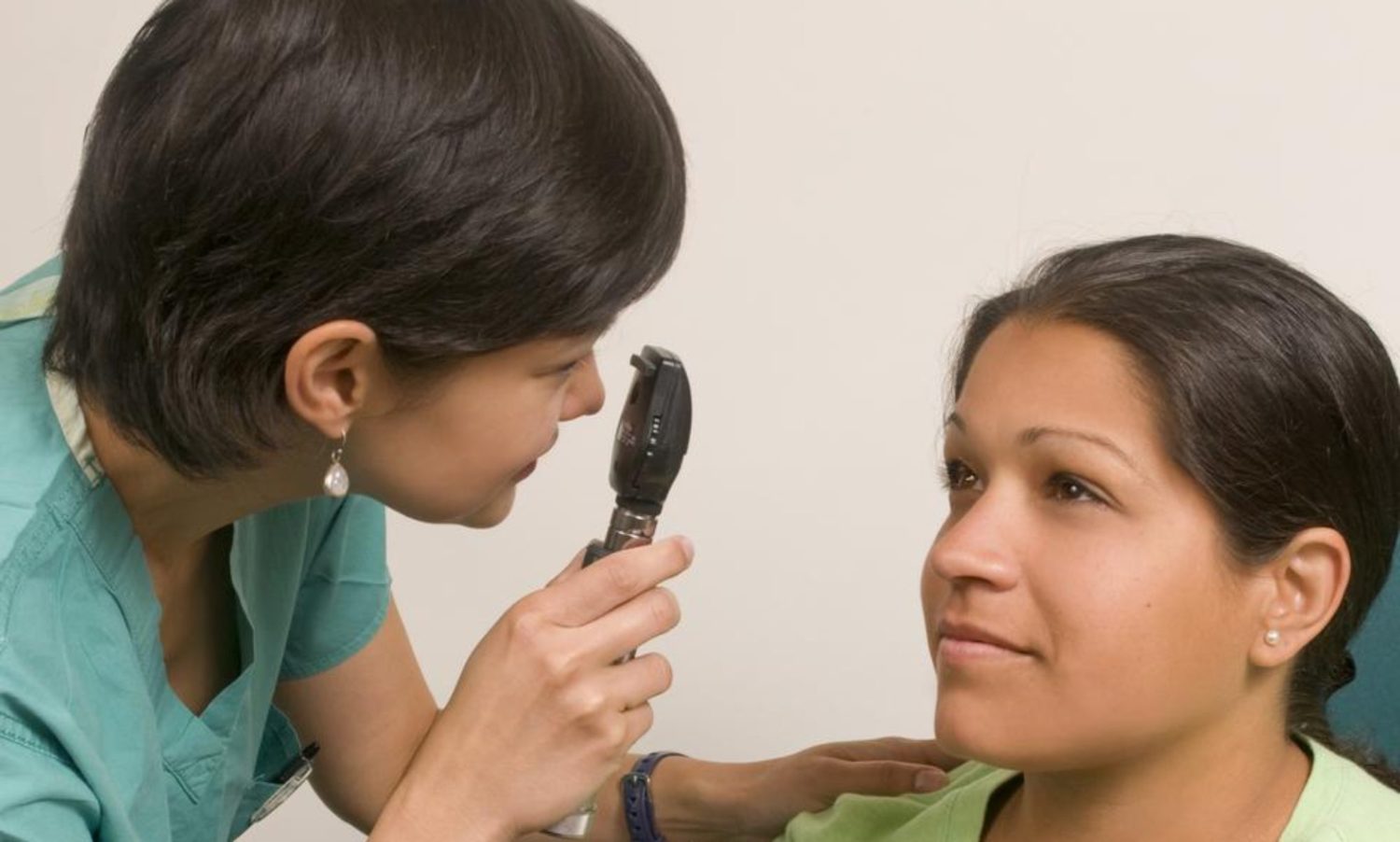A professor agreed to share his medical school letter of recommendation template with me to help future professors with the letter writing process. His advice and an actual template are posted below.
About the Medical School Letter of Recommendation (From the Letter Writer)
When I agree to write a letter of recommendation (LOR), it is a commitment to recommend the student. If I cannot be positive, then I tell the student that he/she would be better served by having someone else write the letter. Thus, all my letters are positive, but I titer my use of adjectives where I can. I try to meet with each student before I write the letter.
This is what is known as a classroom LOR. Med school applicants need three of these. I write very different letters for students with whom I have worked more closely. Obviously, a shadowing letter or lab experience letter would be different but could have the same elements. The first paragraph is boilerplate. I use different paragraphs for the different courses that I teach. The purpose of this paragraph is to give context to the high grade and to compare this student with his/her peers.
A Medical School Letter of Recommendation
Re. Recommendation of Joe/ Josephine Blow for admission to medical school
AAMC ID: xxx AMCAS Letter ID: xxx
Dear Admissions Committee:
I am [no adjective or “very” or “extremely” as appropriate] pleased to write in support of Joe/Josephine Blow’s application for admission to your medical school as a first-year student.
Joe received a B.S. degree in Neuroscience from the College of Biological Sciences at the University of XYZ in May of 2017. I met Joe fall semester, 2016. S/he was a student in my course, Bio 234: Developmental Neuroscience. This is an advanced course for undergraduate biology students. A very select group of students take this course, many of whom have been admitted to elite medical schools. Joe did well enough on examinations to receive one of the few A grades in the course, and s/he ranked 8th out of 115 students numerically. This is impressive considering this course is taken by some of the top students at the University. S/he consistently performed at this level in all aspects of the course including discussion of scientific literature and examinations. This was a difficult course, which covered the cellular and molecular mechanisms of nervous system development. The goal of my course is for students to integrate what they learned in their core life science courses, much as they will need to do in medical school. The course required a solid background in neuroscience, cell biology, biochemistry and molecular biology. Joe was well prepared for this course. I also teach neuroscience and anatomy to first-year medical students at the University of XYZ. Based on his/her performance in my developmental neuroscience course, I am confident that Joe would do well in the medical school courses I teach.
If a student asks me to comment more broadly on his/her education, then I have a paragraph here. I generally do this only for neuroscience majors. My department is home to this major. I basically say it is a difficult major and s/he did great (based on the transcript).
Next, I put in a paragraph on the main passion of the student. Students list tons of activities and experiences in their applications. Usually, each student is passionate about something. There is something in which they excelled other than studying. This paragraph gives the reviewer some insight into the student and gives interviewers something to talk about. Sometimes, the only thing a student did for four years was study. Here are two examples:
Joe maintained a healthy balance of extracurricular activities while maintaining good grades with a full load of science courses. Joe was very active in his fraternity all through college and held various leadership positions including president in his senior year. Joe is clearly passionate about his role as a mentor to the younger members of his fraternity.
Joe did research on the meaning of life in So-and-so’s lab for three years. His work contributed to two publications, and he was the first author on a presentation at a national conference. Joe is passionate about his research and is always eager to talk about it with me.
Next, I tell the committee that this applicant is someone that I could see interacting with patients. I would never be negative, but I might be more guarded or say “hopefully with more maturity”.
On a more personal note, Joe is personable. S/he interacts well with students and faculty. I believe that s/he would be well-liked by patients. S/He is mature and is more than ready for the stress of medical school and the responsibilities of patient care.
I [“enthusiastically” or whatever adjective is appropriate] support Joe’s application to your program.
Sincerely,
An Anonymous Professor
Final comment: If you agree to write a letter, then please submit it on time. The best students have a completed application shortly after June 1.
